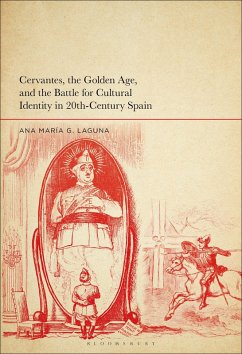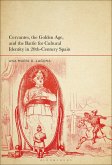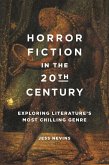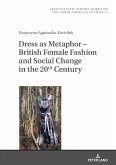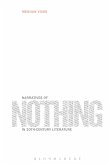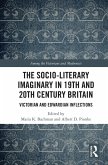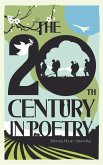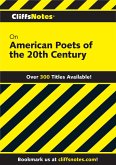Studies that connect the Spanish 17th and 20th centuries usually do so through a conservative lens, assuming that the blunt imperialism of the early modern age, endlessly glorified by Franco's dictatorship, was a constant in the Spanish imaginary. This book, by contrast, recuperates the thriving, humanistic vision of the Golden Age celebrated by Spanish progressive thinkers, writers, and artists in the decades prior to 1939 and the Francoist Regime. The hybrid, modern stance of the country in the 1920s and early 1930s would uniquely incorporate the literary and political legacies of the Spanish Renaissance into the ambitious design of a forward, democratic future.
In exploring the complex understanding of the multifaceted event that is modernity, the life story and literary opus of Miguel de Cervantes (1547-1616) acquires a new significance, given the weight of the author in the poetic and political endeavors of those Spanish left-wing reformists who believed they could shape a new Spanish society. By recovering their progressive dream, buried for almost a century, of incipient and full Spanish modernities, Ana María G. Laguna establishes a more balanced understanding of both the modern and early modern periods and casts doubt on the idea of a persistent conservatism in Golden Age literature and studies. This book ultimately serves as a vigorous defense of the canonical as well as the neglected critical traditions that promoted Cervantes's humanism in the 20th century.
In exploring the complex understanding of the multifaceted event that is modernity, the life story and literary opus of Miguel de Cervantes (1547-1616) acquires a new significance, given the weight of the author in the poetic and political endeavors of those Spanish left-wing reformists who believed they could shape a new Spanish society. By recovering their progressive dream, buried for almost a century, of incipient and full Spanish modernities, Ana María G. Laguna establishes a more balanced understanding of both the modern and early modern periods and casts doubt on the idea of a persistent conservatism in Golden Age literature and studies. This book ultimately serves as a vigorous defense of the canonical as well as the neglected critical traditions that promoted Cervantes's humanism in the 20th century.

